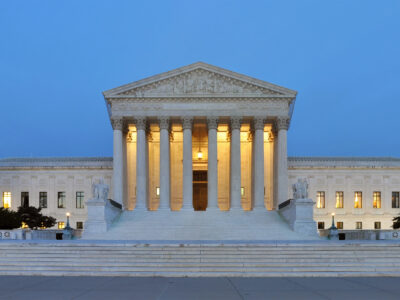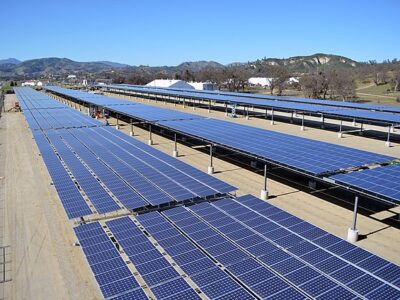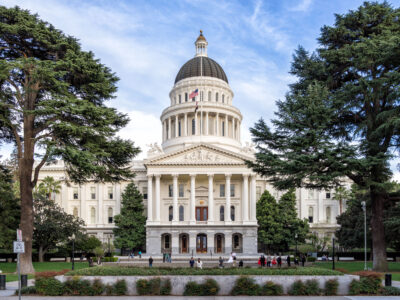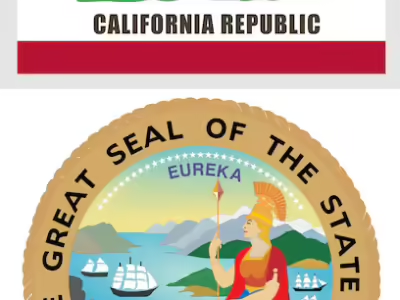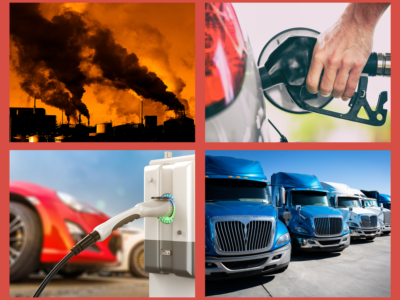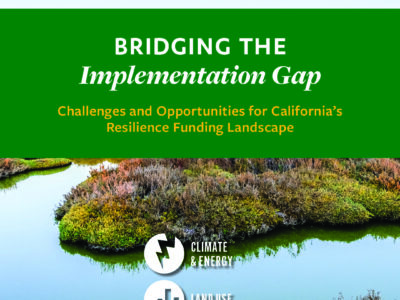California
The Fires in Los Angeles
Wildfire policy and the tragic fires in Southern California?
National attention is (rightly) focused on the terrible fire situation in Los Angeles. At the moment, the top priority is supporting first responders who are trying to control the fires, prevent more damage, and help the people who have lost homes and loved ones. There is (of course) a bunch of chatter on social media …
Continue reading “The Fires in Los Angeles”
CONTINUE READINGGood & Bad Environmental News From the U.S. Supreme Court
Escalating Legal Attacks on California’s Longstanding Clean Air Act “Waiver” Authority
This past week, the U.S. Supreme Court issued important orders in two closely-related environmental cases previously decided by the U.S. Court of Appeals for the District of Columbia. Last Friday the justices granted review in Diamond Alternative Energy v. Environmental Protection Agency, agreeing to decide whether fossil fuel manufacturers have legal standing to challenge an …
Continue reading “Good & Bad Environmental News From the U.S. Supreme Court”
CONTINUE READINGCalifornia Can Protect Climate Policies—and Pocketbooks
Lawmakers can use climate policies to alleviate some cost burdens. They should also resist the narrative that climate progress is driving affordability concerns.
Affordability is the name of the game at the California Legislature this session, with leaders in both the Assembly and the Senate talking explicitly about cost of living. But legislators’ focus on bringing costs down for average Californians doesn’t need to come at the expense of forward-thinking climate policy. Here are a few things legislators …
Continue reading “California Can Protect Climate Policies—and Pocketbooks”
CONTINUE READINGCommunity Benefits Tools and Policy Drivers:
Select mechanisms can help ensure that energy projects deliver meaningful benefits for California communities
This is the third in a series of posts detailing CLEE’s new set of resources on Equitable Climate Infrastructure Investment. Communities and local and state governments are increasingly turning to community benefits tools to support an equitable climate transition, catalyze substantive long-term investments in community priorities, and achieve effective, durable projects. CLEE’s new report, Community Benefits Tools and California …
Continue reading “Community Benefits Tools and Policy Drivers:”
CONTINUE READINGTrump-Proofing Time at the California Legislature?
Governor Newsom has called a special session for December 2nd. How can California lawmakers ensure California’s climate and environmental progress in the years ahead?
During the last Trump administration, California emerged as a serious counterweight to federal government backsliding on climate and the environment, and last week, some California lawmakers publicly recommitted to resisting future Trump administration efforts to reduce environmental and climate protections. On November 7, Governor Newsom issued a proclamation calling the Legislature into a special session …
Continue reading “Trump-Proofing Time at the California Legislature?”
CONTINUE READINGPresident-Elect Trump vs. California: What Lies Ahead?
Will It Be Environmental Law & Policy Deja Vu All Over Again? Or Even Worse?
Californians who care about the environment likely–and justifiably–feel whipsawed this week. Former President Trump (#45) has re-emerged as President-elect Trump (#47), interrupted by the intervening four years of the Biden-Harris presidential administration. (Actually, this presidential whipsaw has been going on for decades: think Bush Sr.-Clinton-Bush Jr.-Obama-Trump-Biden-Trump redux.) In general, California’s progressive environmental laws and policies …
Continue reading “President-Elect Trump vs. California: What Lies Ahead?”
CONTINUE READINGThe Dangerous Hypocrisy of Elon Musk
Tesla CEO Elon Musk wants to slash government and regulations for a Trump administration—even though California regulations helped build his companies.
Our chances of helping avoid the most catastrophic climate disruptions just dimmed dramatically. Donald Trump’s victory and self-declared mandate means a lot of things—among them, that crucial climate and environmental policies are threatened like never before. There will be plenty to say in coming days about what this means for America’s role in the world …
Continue reading “The Dangerous Hypocrisy of Elon Musk”
CONTINUE READINGCalifornia Must Not Abandon its Climate Leadership
California’s Low Carbon Fuel Standard has been successful. CARB should update the program without undermining its fundamental features.
On November 8, the California Air Resources Board, or CARB, is slated to consider approving amendments to California’s Low Carbon Fuel Standard. The program has been so successful in replacing high carbon petroleum-based fuels with lower emissions vehicle fuels that interest groups from all sides of the political spectrum have come forward to demand radical …
Continue reading “California Must Not Abandon its Climate Leadership”
CONTINUE READINGIs California’s Climate Resilience Funding Ready for the Future?
New CLEE Report Identifies Key Challenges and Opportunities in the State’s Adaptation Funding Landscape
As climate change accelerates, California faces increasingly severe threats to its communities, economy, and environment. Rising temperatures, prolonged droughts, sea-level rise, and worsening wildfires are among the risks stretching State and local resources and driving demand for adaptation funding. California has utilized its longstanding leadership in climate policy to confront these challenges, including developing the …
Continue reading “Is California’s Climate Resilience Funding Ready for the Future?”
CONTINUE READINGNo More ‘House of Horrors’ Thanks to These New Laws
Several California laws prohibiting dangerous chemicals from household products go into effect on or after January 1, 2025.
Halloween is the one time when we welcome ghouls, ghosts, and goblins coming to our homes (and, if your neighborhood is anything like mine, a variety of tiny superheroes). This season, however, the Legislature is dealing with a different kind of house of horrors: dangerous chemicals in everyday products that affect millions of Californians’ health. …
Continue reading “No More ‘House of Horrors’ Thanks to These New Laws”
CONTINUE READING



